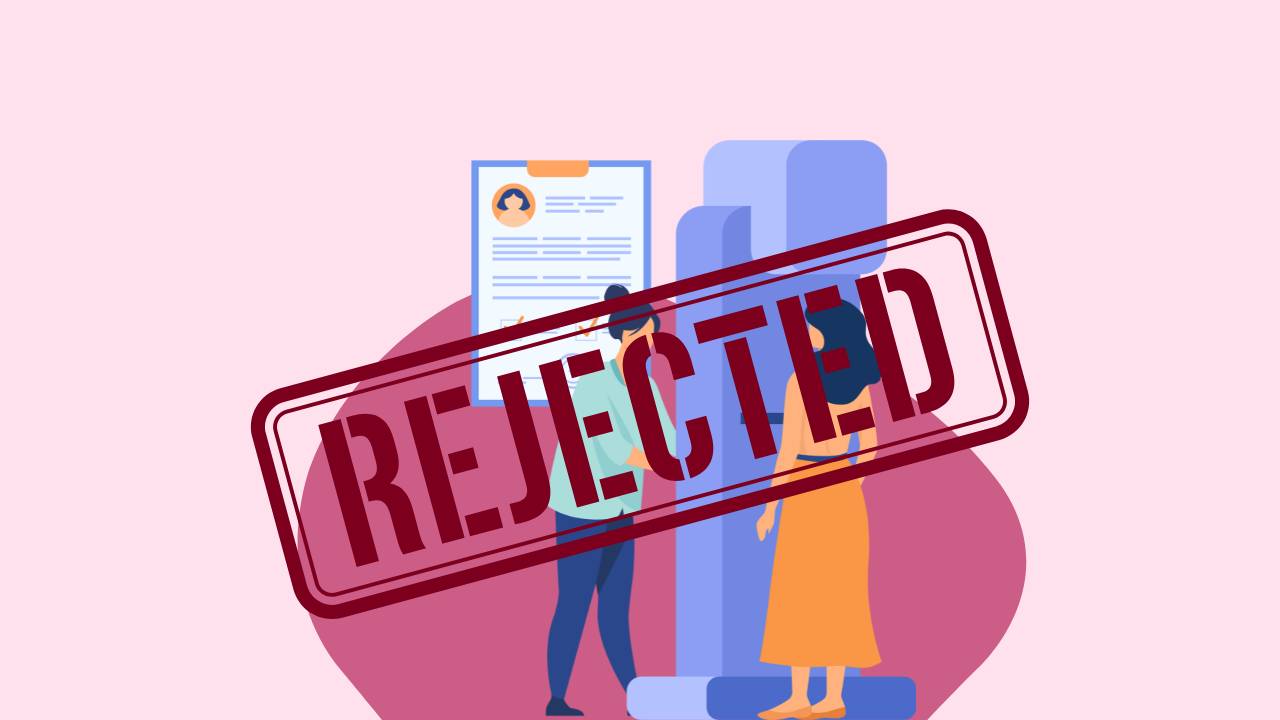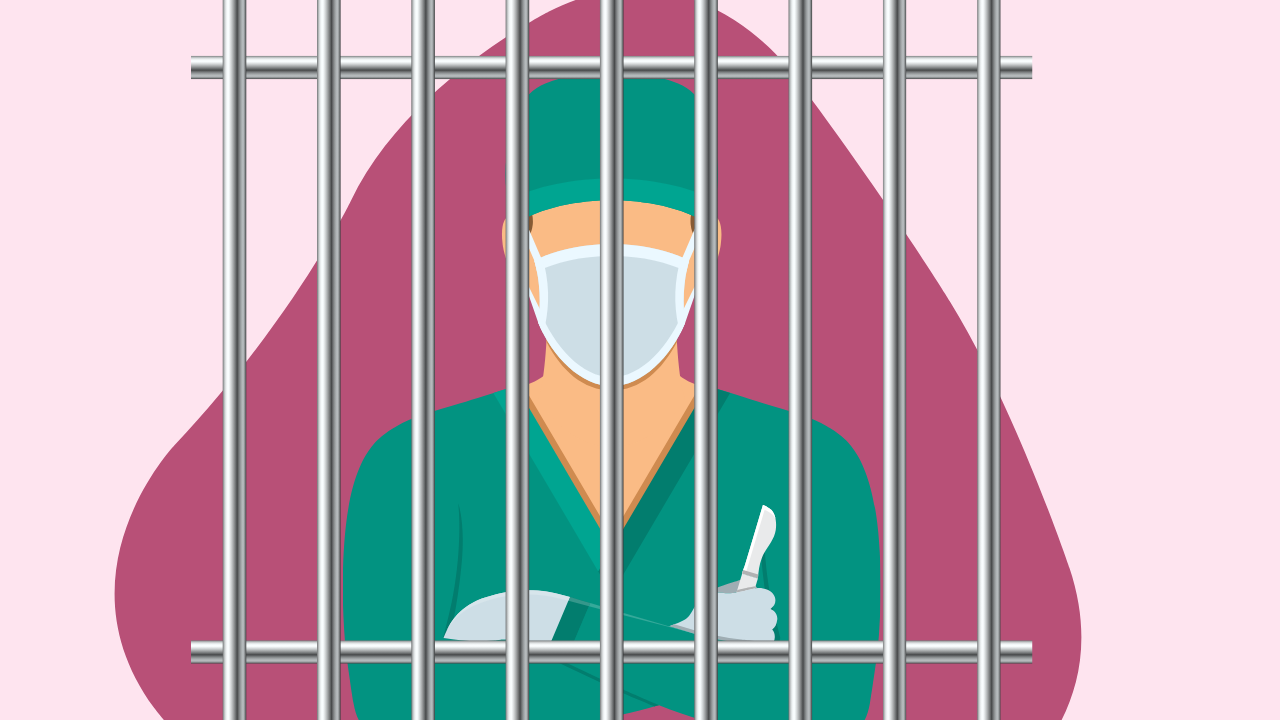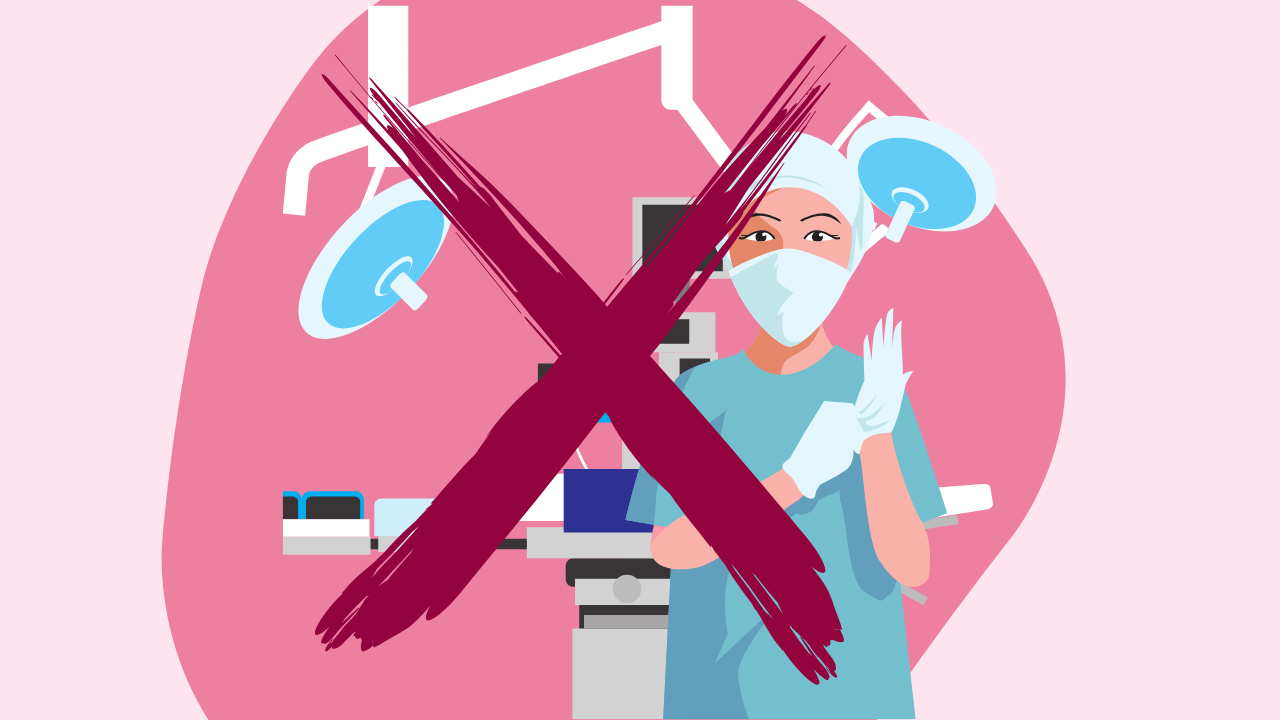3 Ways to Address Medical Gaslighting

Trust is fundamental in healthcare. Yet, for many young women navigating breast cancer screening, a concerning issue persists: medical gaslighting.
Medical gaslighting is the instance of someone denying, invalidating, or dismissing your symptoms, ailments or concerns because they’re uncomfortable. Medical gaslighting is about them.
It happens when someone tells you that you’re “too young” for a diagnosis, that it’s “just hormones,” or that you’re “just stressed.” Sometimes a practitioner will tell you to “just lose some weight.” And while those things may be true to some extent for a diagnosis, they often come across as undermining.
And it doesn’t just happen in a medical setting. Other people will tell you things such as, “Oh, it’s not that bad,” and “I don’t see why you’re making a big deal about this. I’ve been sick with that before, and I was fine.” It’s their effort to minimize your experience so that they can feel better about themselves.
Medical gaslighting can significantly impact young women under 40 seeking to get screened for breast cancer. We've learned that early detection is pivotal for successful treatment, making prompt assessments essential. However, when healthcare professionals disregard a patient's worries or symptoms, it can result in delays, potentially endangering their clinical outcomes.
If you've faced medical gaslighting, here are three practical tips:
Educate Yourself: Learn about breast cancer symptoms, risk factors, and screening guidelines. Come prepared with questions and concerns during medical visits to advocate for yourself confidently.
Trust Your Instincts: If you feel your concerns are being dismissed, trust your instincts. Seek a second opinion or further evaluations if needed.
Build a Support Network: Surround yourself with supportive friends, family, or advocacy groups. Having allies who validate your experiences can strengthen your resilience in the face of medical gaslighting.
By raising awareness and equipping young women with tools to assert their healthcare rights, we can strive for a future where all patients receive respectful, timely care, especially in breast cancer screenings.





